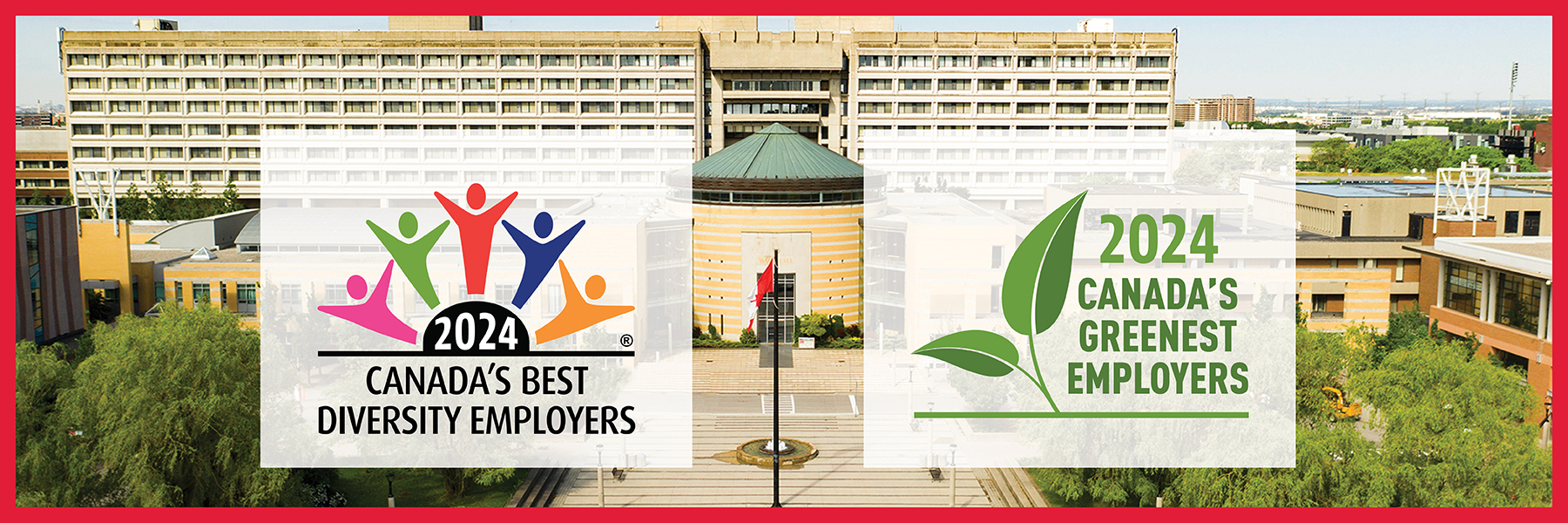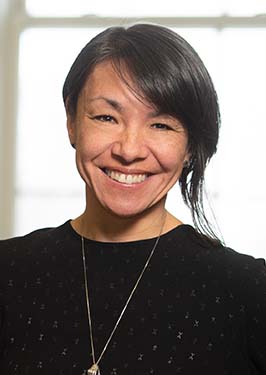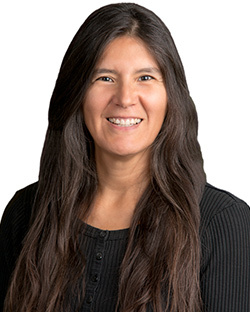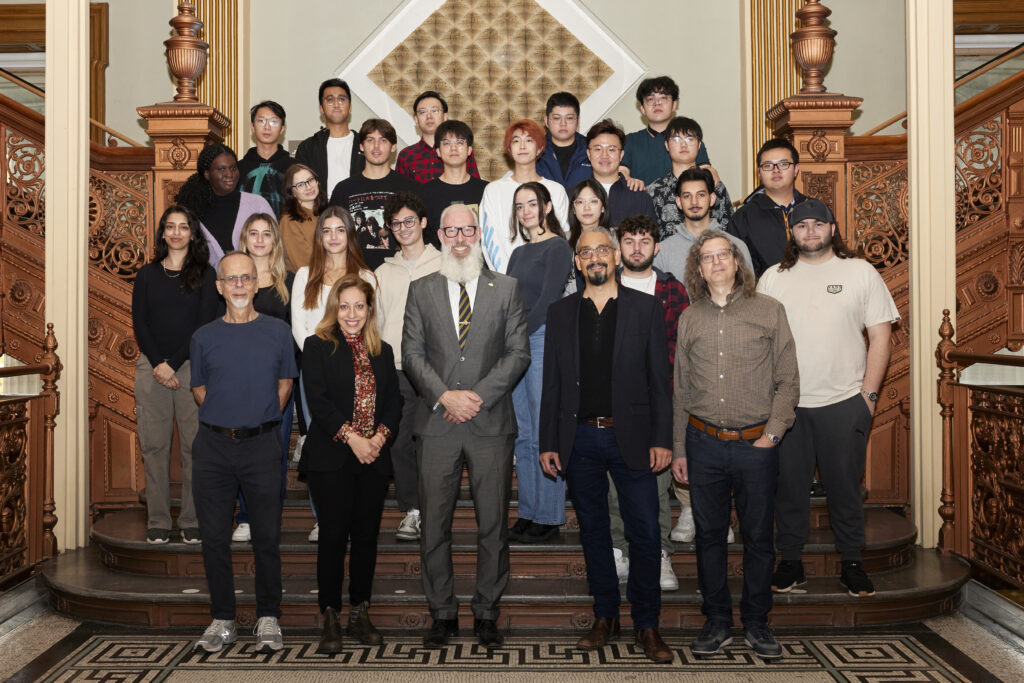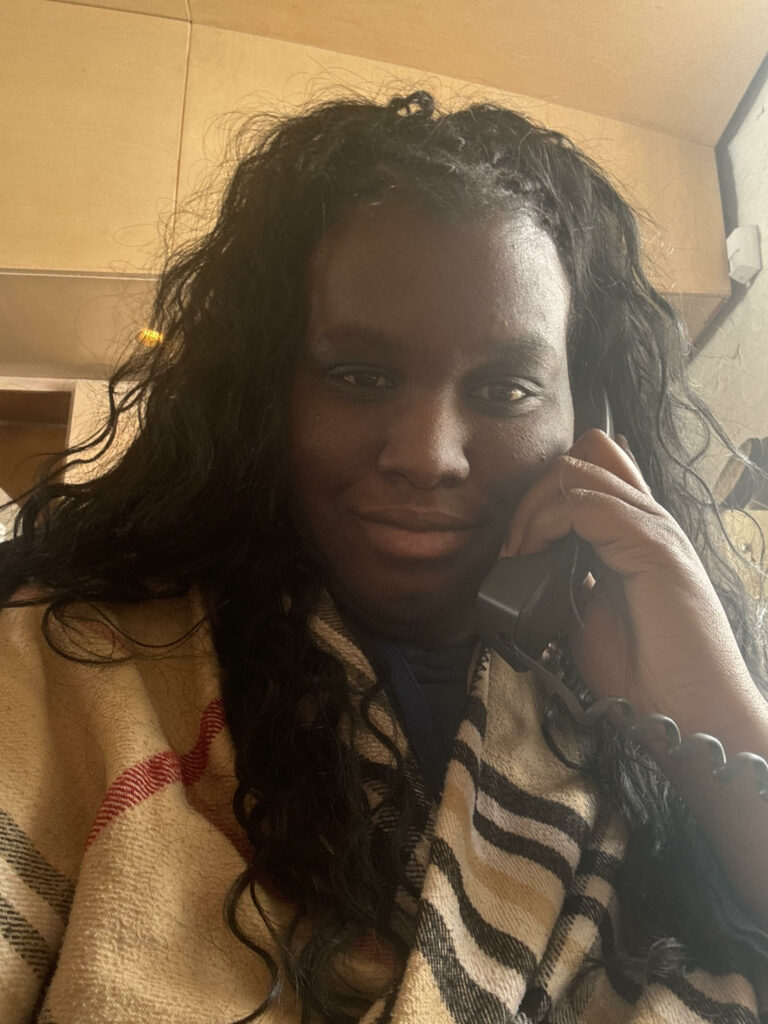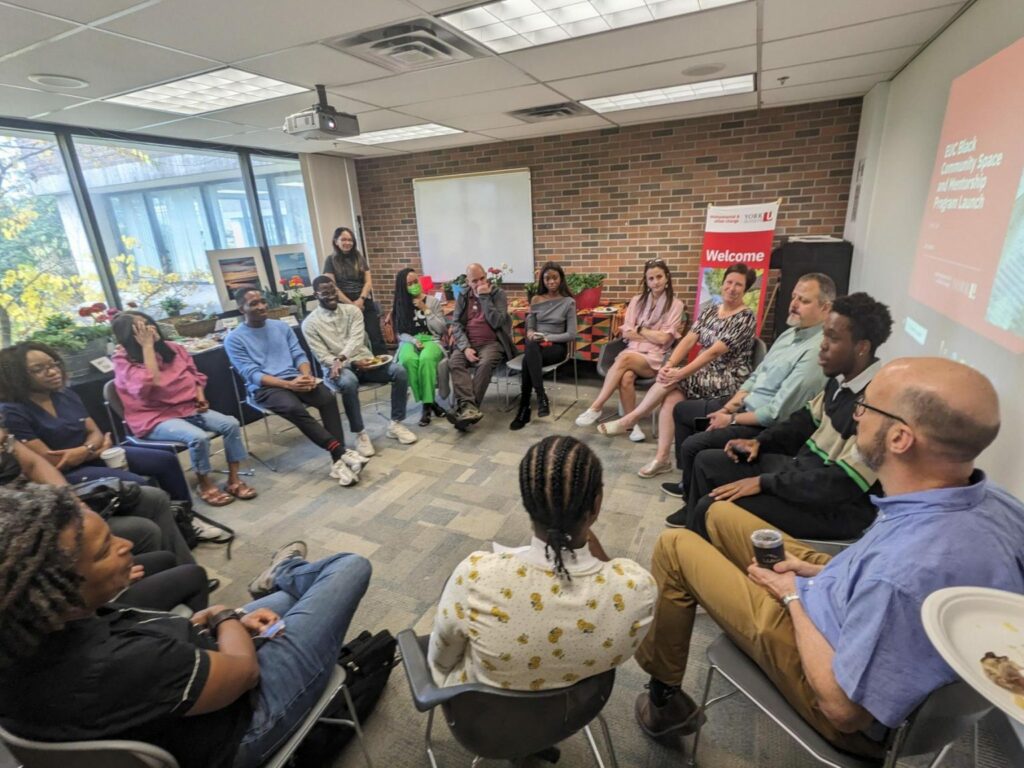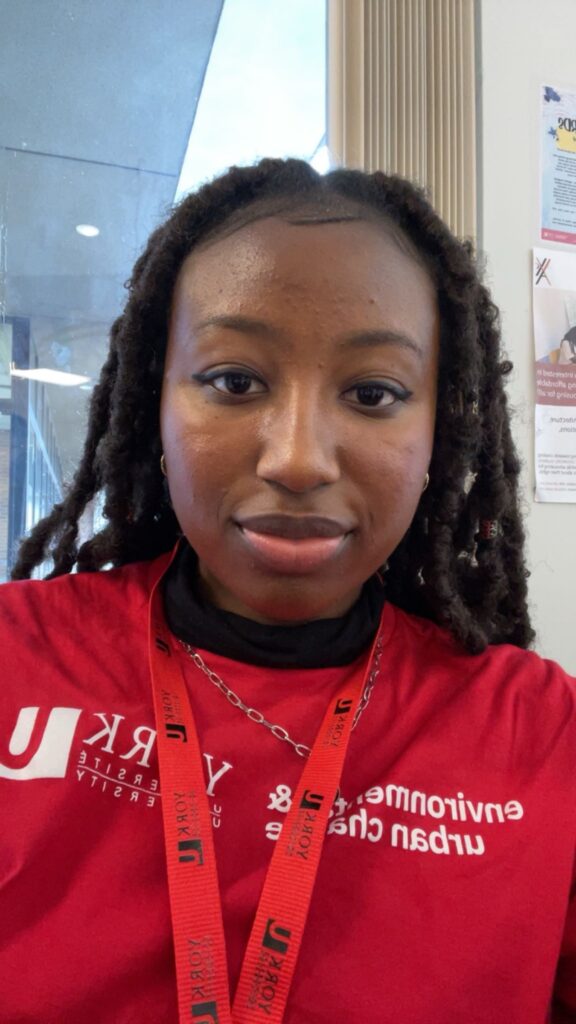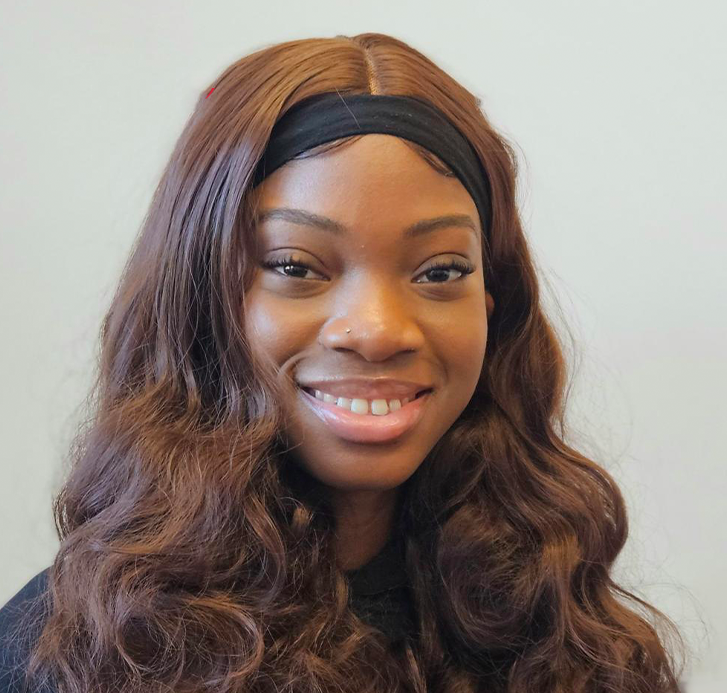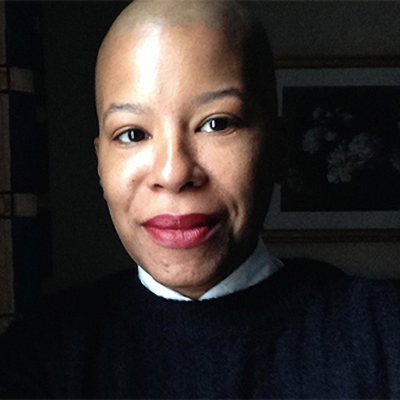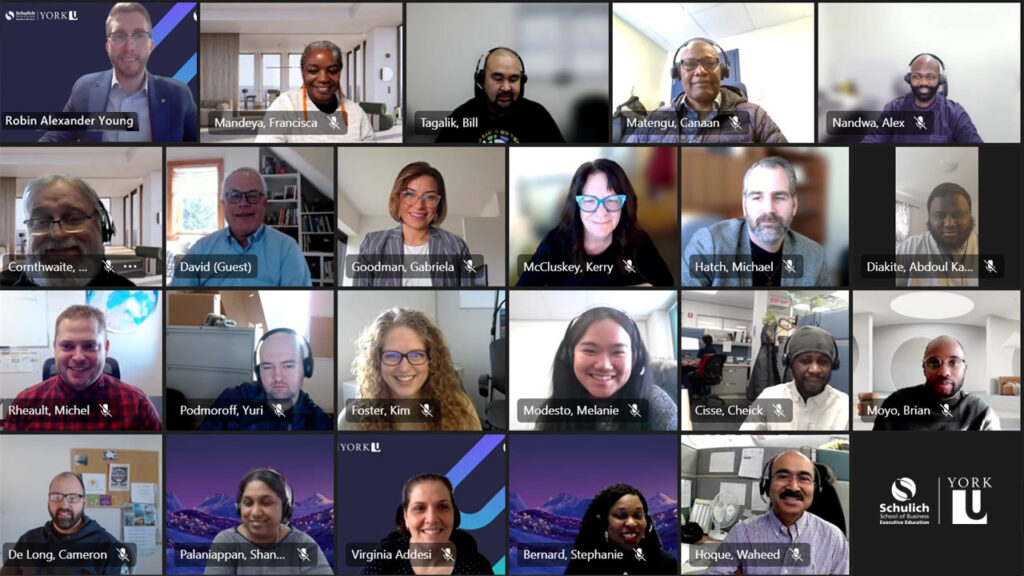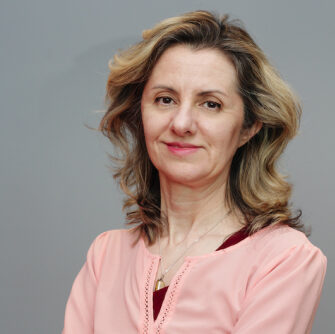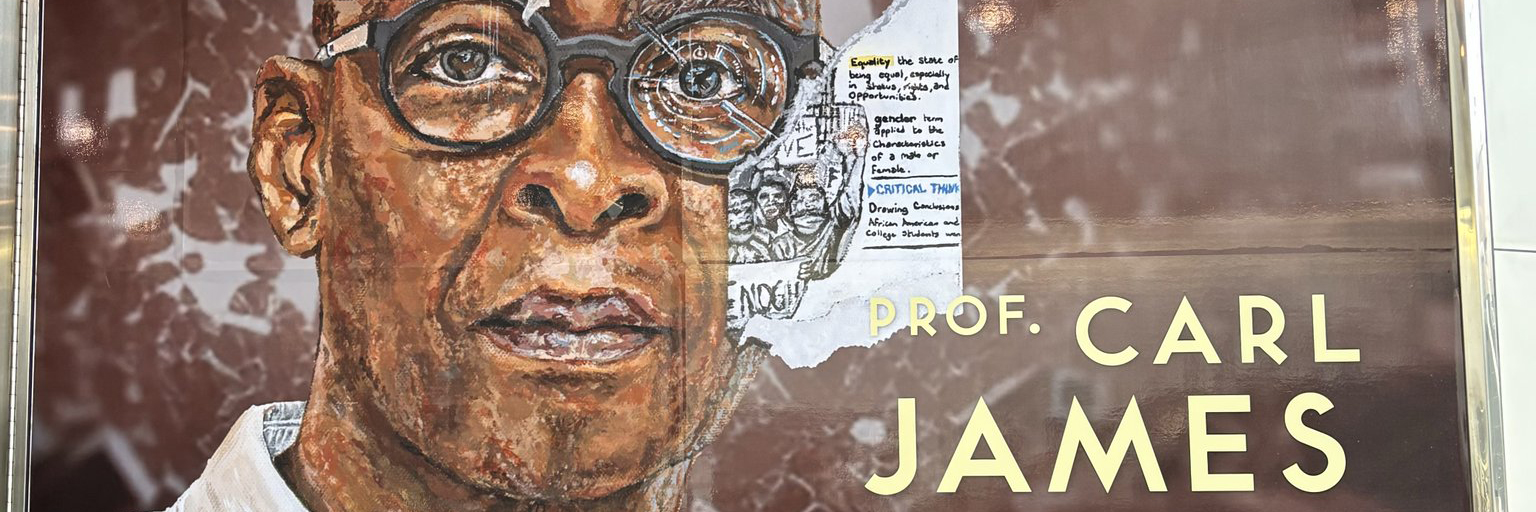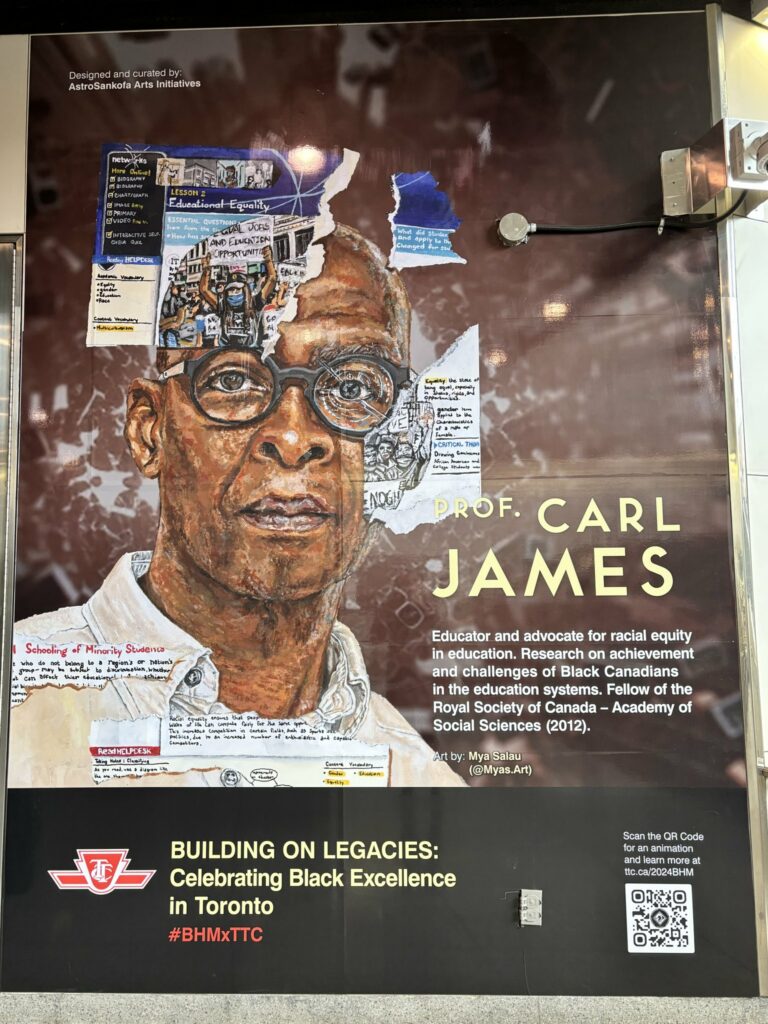By Corey Allen, senior manager, research communications
As a world leader in global health research, York University is fully committed to international collaborations across multiple sectors with academic, government, industry and community partners. Among those highlighting the impact of these partnerships is Professor Godfred Boateng.
Forging strong relationships beyond geographical boundaries enables the York community to conduct meaningful work that defines the University’s approach to research and innovation: interdisciplinary, collaborative and equitable.
Among those leading the way in this is Boateng, a quantitative sociologist and epidemiologist who was recently appointed Canada Research Chair (CRC) in Global Health and Humanitarianism.
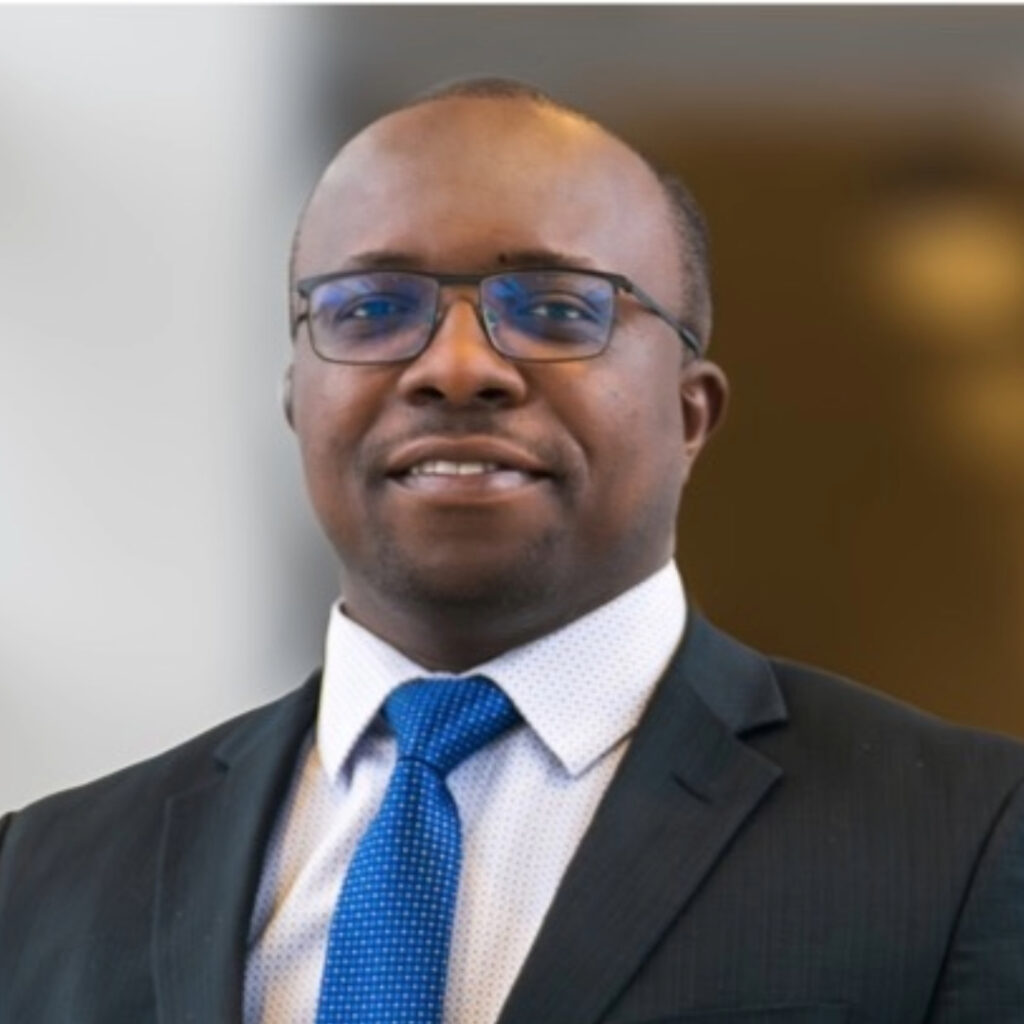
One of Boateng’s latest research projects is related to his CRC appointment, which aims to measure and quantify different forms of resource insecurity, including food, water, energy and housing, as well as to advance our understanding of the overall health effects of environmental contaminants, both in the Global South and in Canada. This work exemplifies, he said, the importance of having international partners and collaboration.
“Partnerships are key and without them, global health research isn’t possible,” he said. “York University’s partnerships in the Global South greatly expand the scope of my research and allow me to reach populations and communities that would not be accessible otherwise.”
Boateng’s project looks to collect physiological, ecological, and demographic data from informal settlements in sub-Saharan Africa and Latin America.
Using high-cost field equipment, the researchers will assess the quality of the air and water samples (stored, drinking and groundwater) found in and around the settlements.
The data will be used to validate scales, like the Household Water Insecurity Experiences Scale, co-developed by Boateng for use by public health practitioners, non-governmental organizations, government officials, and development agencies to monitor and assess progress on targets set out in the United Nations Sustainable Development Goals around achieving equitable access to safe and affordable drinking water, as well as adequate and equitable sanitation and hygiene.
This is particularly important in sub-Saharan Africa, where flooding due to climate change is a considerable health risk and bacterial infections like dysentery and waterborne illnesses like cholera are widespread.
The scales would help researchers and health-care professionals to assign a score to the environmental contaminants found in settlement households, which enables them to determine if water, for example, is safe for consumption without the need for further testing.
For local governments, this would streamline water, air, and housing quality assessments and provide valuable information to inform health-care policy and decision-making.
“Our project will also produce the necessary data for comparative studies, so that this evidence can be used in other contexts, including in some Indigenous communities in Canada that face similar resource insecurity challenges,” said Boateng.
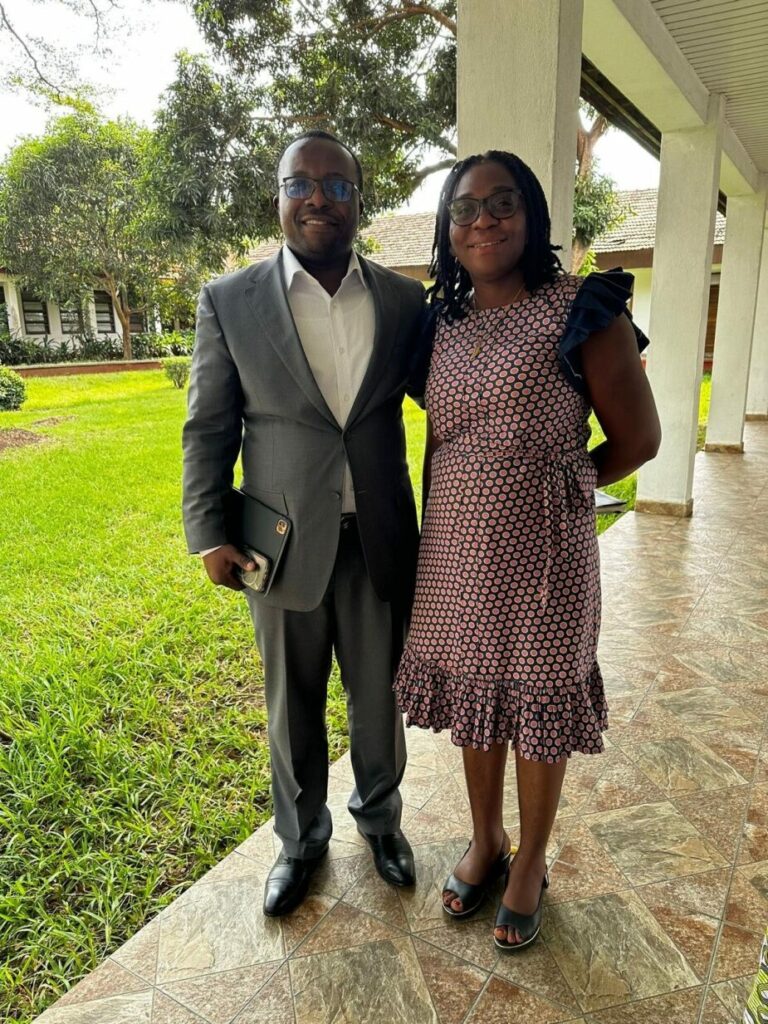
The project is slated to start this summer with 300 households in Accra, Ghana, alongside Boateng’s partners from his alma mater, the University of Ghana, and the University of Cape Coast, before moving onto research sites in Nigeria, Kenya and Malawi, and subsequently to Colombia and Mexico.
Last month, Boateng was also part of a York delegation that visited Ghana, Nigeria and Kenya. The Africa trip helped the University engage with prospective students and explore partnership opportunities with local universities and research institutions.
For Boateng, studying global health helps bridge the inequality divide.
“It’s important to identify the sources of health disparities and the structural determinants of health, so that proper interventions can be put in place,” he said.
“Global health research, when applied, can not only enhance the quality of life for the world’s most vulnerable populations – women, children and seniors – but it also has life-saving potential for people worldwide. It’s teamwork at its best.”
Learn more about York University’s Global Engagement Strategy.



